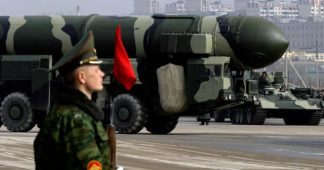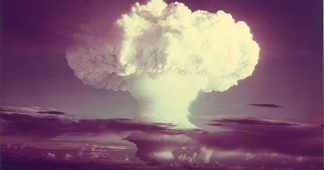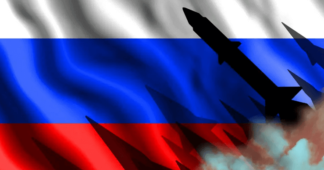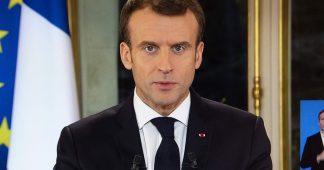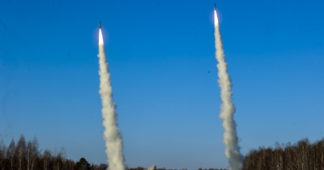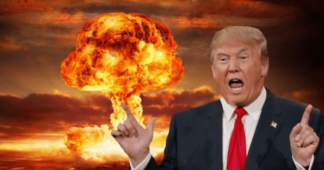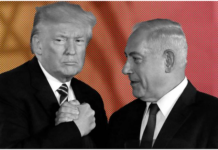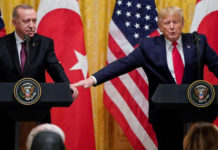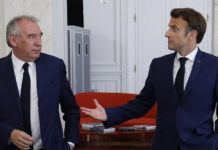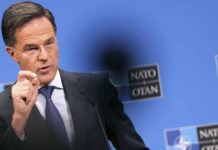May 13, 2022
On May 12, the Valdai Club hosted an expert discussion titled “Russia-USA: A New Era of Nuclear Deterrence?” Andrey Sushentsov, Programme Director of the Valdai Discussion Club, who moderated the discussion, noted that there is currently a crisis in European security, and that the Ukrainian crisis is an important component of it. He explained that we’ve returned to “square one” in Russian-American relations, where we’re forced to turn to “the best practices of the Cold War”, related to nuclear deterrence, and invited participants to discuss how strong and effective the system of mutual deterrence is at the moment.
Valery Garbuzov, director of the Institute for the USA and Canada studies of the Russian Academy of Sciences, pointed to the dual function of nuclear weapons — military and political. Since the time of Hiroshima and Nagasaki, only their political role has been realised. At the same time, nuclear deterrence works only if there is a functioning nuclear arms control system and the sides possess a relatively comparable level of nuclear potential. “As long as nuclear weapons exist, deterrence will live on and carry its positive connotation. The world will be preserved because it is a nuclear world,” Garbuzov said, adding that the current situation does not call into question the function of nuclear deterrence, which continues to be invisibly present in the modern world, as indicated by the behaviour of nuclear powers. “This does not allow us to solve the whole conflict, but, perhaps, it will help keep it from developing into a global catastrophe,” he believes.
Dimitry Simes, president of the Center for the National Interest in Washington, described the prevailing views in Washington regarding the problem of nuclear deterrence. According to him, in DC, the discussion is now taking place at two levels — the expert level and the political level. While many defence policy analysts are concerned about the reliability of nuclear deterrence, at the political level there is a clear unwillingness to recognise the danger of a nuclear conflict. At the same time, President Biden himself is realistic and takes nuclear deterrence seriously, but many in Congress and among the military brass consider the discussion of nuclear deterrence politically dangerous, since such discussions can frighten the voter and alienate him from supporters of an active foreign policy.
Robert Legvold, Marshall D. Shulman Professor Emeritus at Columbia University and Director of the Euro-Atlantic Security Initiative, observed that the nuclear threat is much greater now than it was during the worst days of the Cold War. At the same time, until recently, before the Ukrainian crisis, no one even thought about it, but now it has ceased to be considered as some kind of abstract concept. In addition, nuclear geography has become much more complex. There are already nine powers in the nuclear club, which means that Russia and the US are no longer the only critical players. In addition, the concept of a “limited nuclear strike” is spreading more and more. The danger is also increased by new military technology. All this leads to the possibility of a variety of nuclear scenarios.
Dmitry Stefanovich, a researcher at the Center for International Security at IMEMO RAS, believes that nuclear deterrence continues to work. The current conflict, according to Stefanovich, does not yet have a nuclear dimension, but the threat of nuclear escalation is still with us, and in the event of a deeper involvement of the West in the conflict, such a development cannot be ruled out. However, it is somewhat reassuring that the parties managed to resolve all the threatening situations that arose in Syria. The expert added that nuclear deterrence works better when accompanied by arms control measures, and in this sense, we now find ourselves in a dangerous situation, because many agreements in this area have been destroyed, while there is little hope for unilateral initiatives. Stefanovich stressed that in the event of minimal normalisation on the territory of Ukraine, it is first of all necessary to revive the dialogue on strategic stability, since this problem is planetary in scale.
We remind our readers that publication of articles on our site does not mean that we agree with what is written. Our policy is to publish anything which we consider of interest, so as to assist our readers in forming their opinions. Sometimes we even publish articles with which we totally disagree, since we believe it is important for our readers to be informed on as wide a spectrum of views as possible.
